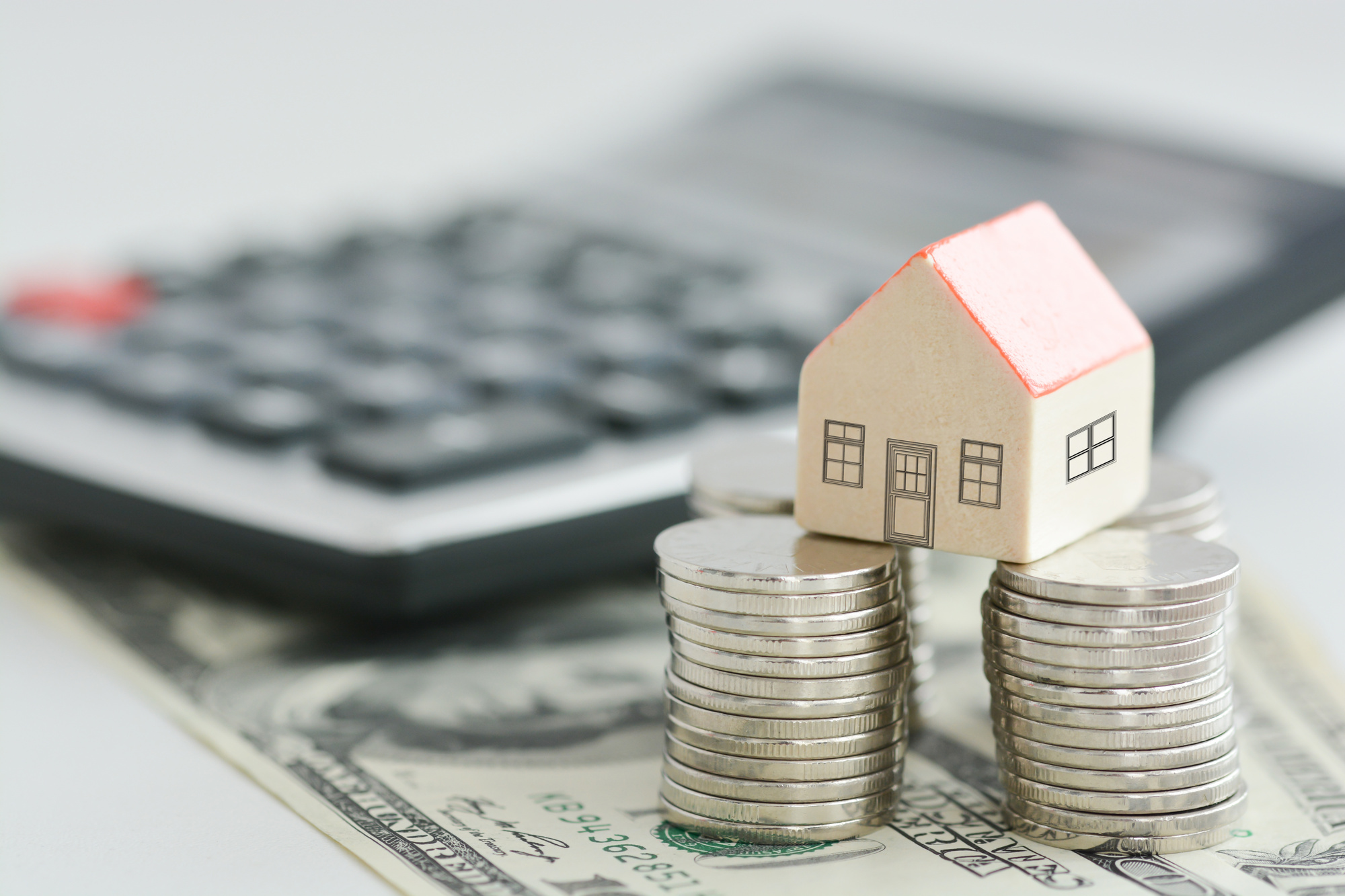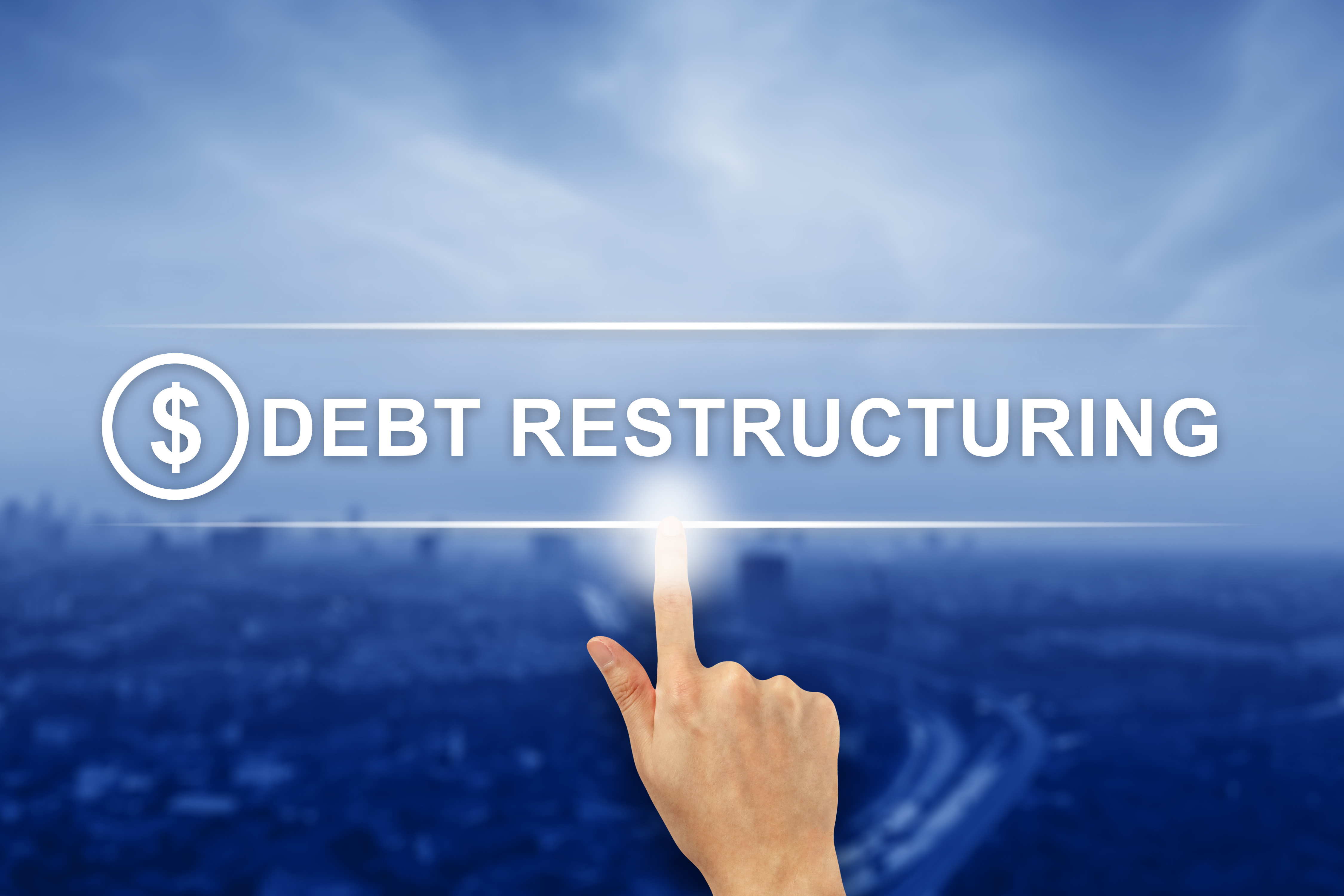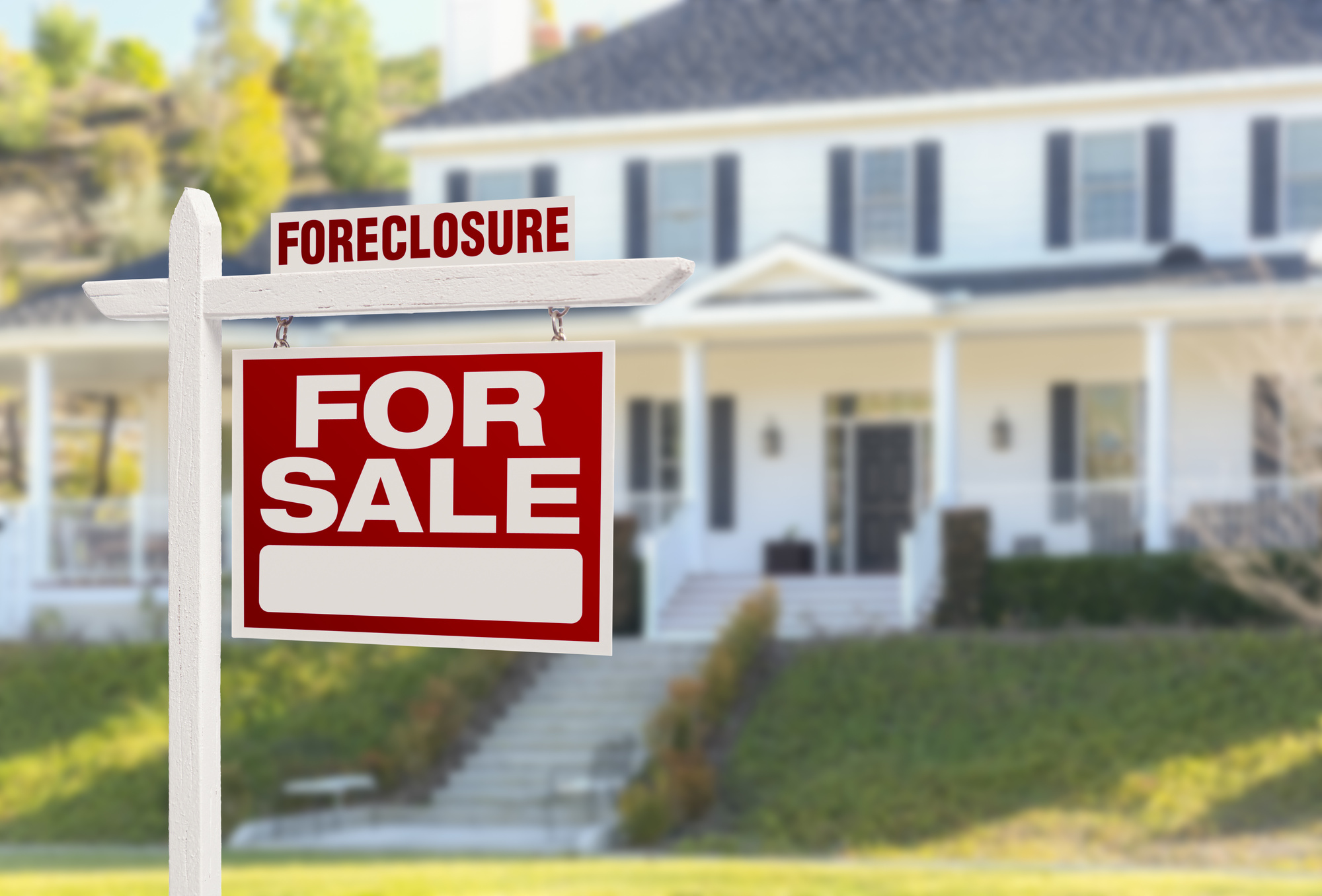Is Real Estate a Good Investment? 5 Reasons Why the Answer is Yes
Whether you’re thinking about retirement or you’re trying to learn ways to build your wealth, investing is always a viable option. And, there are more ways to invest your money than playing the stock market. You could also consider investing in real estate.
But, is real estate a good investment? And, if so, why?
These may be just a few of the first questions you will ask when starting to build your investment portfolio. You may also wonder what type of real estate investment is right for you.
Not to fear! In this article, we’re discussing a few good reasons why investing in real estate is such a great idea. We’ll also give you some pointers to get through your first purchase. Keep reading to learn more.
Is Real Estate a Good Investment?
If you’re wondering why a real estate investment is the best way to secure your future, then you’re in the right place. Here is a detailed breakdown of what a real estate investment can do for your financial dreams.
Assets
When you’re investing in stocks, you’re taking a risk against your available assets, especially if the stock plunges below market value, or worse.
A home investment yields great potential for your assets because there will always be value in your land and your home or investment property.
You also have an opportunity to protect your investment and corresponding assets with a homeowner’s or property insurance policy.
Better Returns
Why do people invest in real estate?
Because it provides better returns than the stock market with little to no volatility. Traditionally, the longer you hold onto your investment, the more your risk of loss is minimized. This will help you build equity as the market improves.
Real estate offers you more control over your investment. Your property is a tangible asset that can be used to leverage and capitalize on other revenue streams, all while gaining capital appreciation.
Value
Real estate values will always increase over time. This means, even if the market takes a dip, your investment will bounce back when the market recovers. And, the longer you hold on to your investment, the more return you will see when you finally sell.
You can also feel secure during times of inflation. Home and rent values typically increase during times of inflation leaving you with a sound investment that will appreciate while keeping pace with the market.
Portfolio Diversification
So, why invest in real estate?
Your financial planner will probably tell you that investing in real estate is one of the best things you can do for your investment portfolio. Diversifying your portfolio spreads out your risk and mitigates potential pitfalls.
On the other hand, many investors have increased their wealth significantly by solely investing in real estate.
Tax Benefits
Unlike other investments such as stocks, real estate investing offers many tax advantages. You can write off mortgage interest, operating expenses and other costs, as well as property taxes, cash flow from your investment and insurance and depreciation. Add all of this up at the end of the year and you could see tremendous deductions that add cash to your wallet.
Advice for Investing in Real Estate
Now that you know why real estate investments are so popular, it’s time to gain a better understanding of how it all works. Read on to learn more about what your first real estate investment transaction should look like.
Budgeting
Before you can begin investing in real estate, you’ll need to make sure you have a budget for it. Buying a home or apartment or piece of land is expensive. Not to mention maintenance costs and potential income gaps between tenants, if you’re renting.
It’s important to weigh out all of the potential costs you may face with your new investment before making a commitment.
Pay With Cash
Many financial experts recommend paying for your real estate investments in cash. This eliminates the financial burden of a mortgage so you can begin enjoying your returns right away.
If you can’t pay with cash, you should make sure that you can afford the mortgage payment, even without rental income. Missing mortgage payments will negatively affect your credit which can cost you thousands or more in the long run.
Research Properties Thoroughly
Especially if you’re purchasing property that you’ll want to sell later, you should research the deed of the property to ensure there are no liens or judgments. Also, consider the neighborhood and comparables in the area that could affect your property value, now and later.
If you’re considering purchasing a foreclosed property, you’ll want to keep an open line of communication with the bank to avoid any surprises at the time of closing.
Start Small
The best way to get into real estate investing is to start with a small home or property. You can work your way up to an investment property such as a duplex or apartment complex after you’ve gained some returns on your first investment.
Alternatively, you may consider purchasing an apartment building so that you can live in one unit while renting out the others. This is a great way to get your feet wet and get more comfortable with being a landlord and managing your investment property.
Final Thoughts
If you’re still asking yourself, should I invest in real estate, then you may not be ready. Don’t jump into anything that you can’t handle. Sometimes it’s best to wait for the next property on the market while you compose your finances and other preparations.
Overall, the final answer to the question, is real estate a good investment, is a resounding yes. The market remains steady and rates are still low, so what are you waiting for? Get out there and find your next investment and start building your wealth right away.
If you still have questions or would like to perform more research on investing in real estate, check out this blog post for more information. We strive to bring you accurate and up to date details about short sale real estate and other real estate transactions.





